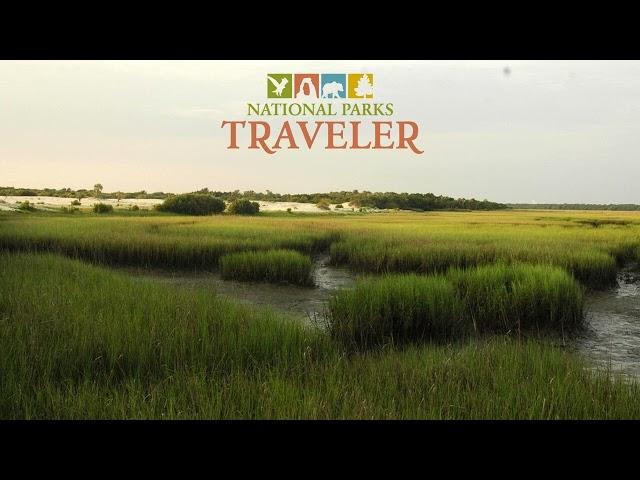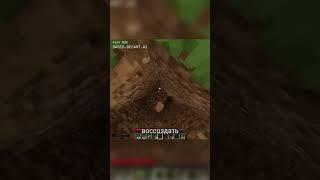
National Parks Traveler Podcast | Coastal Climate Change Impacts
Along 1,600 miles of the Eastern Seaboard, from Maine to Florida, sea level rise, subsidence, and more potent storms are challenging the National Park Service to figure out how best to protect wildlife and their habitats, as well as historic structures, archaeological sites, modern infrastructure, landscapes, and, of course, visitors. In the coming months, the National Parks Traveler will be examining impacts tied to climate change and how the National Park Service is responding to them. We’ll bring you the concerns of residents and communities that are left with the damage from hurricanes and the loss of tax revenues from tourism and trace the strain these events have on the Park Service staff and budget. We’ll also talk to experts about how natural landscapes, such as barrier reefs and salt marshes, and wildlife are being impacted. We’re going to have one of those conversations today with two experts from The Nature Conservancy: Dr. Alison Branco, TNC’s Climate Adaptation Director, and Dr. Nicole Maher, the organization’s Senior Coastal Scientist.
Тэги:
#atlanticocean #barrierislands #climatechange #cumberlandisland #easternseaboard #nationalseashore #naturalcapital #pipingplovers #rightwhale #saltmarsh #saltmarshes #sealevelrise #seaturtles #sparrow #unitedstatesКомментарии:
National Parks Traveler Podcast | Coastal Climate Change Impacts
National Parks Traveler
DIA MUNDIAL JUDO A VILA-REAL
Paco Canales
Green Screen Pubg gun Effect // 2020 Pubg Green screen gun fir
Technical king Green screen
TitoSevenSix - Euology (Official Video) Shot By @KGthabest
KGThaBest Production
С днем рождения тебя
Манат Джетписбаев






![BEAT SABER - LeaF - Mope Mope [Noodle Extensions, Chroma] BEAT SABER - LeaF - Mope Mope [Noodle Extensions, Chroma]](https://invideo.cc/img/upload/Z2d2Q1hYaWZ5TXM.jpg)



















